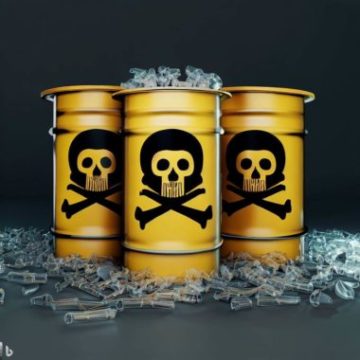The main problem and the original error in plastic pollution is that for years we have confused plastic with garbage, and consequently we have handled it as if it were such a thing.
Once we no longer need plastic, it becomes something that requires special handling and treatment, very different from the handling we give to any waste. This is because the plastic transforms. It accumulates in floating islands, it is crushed, but we will not see it degrade, and by becoming small and even smaller particles, it is progressively incorporated into our food, the water we drink and the air we breathe.
So, definitely, plastic is not garbage, but a dangerous substance. Let’s see three examples, perhaps a bit extreme, but they can help us better understand the situation:
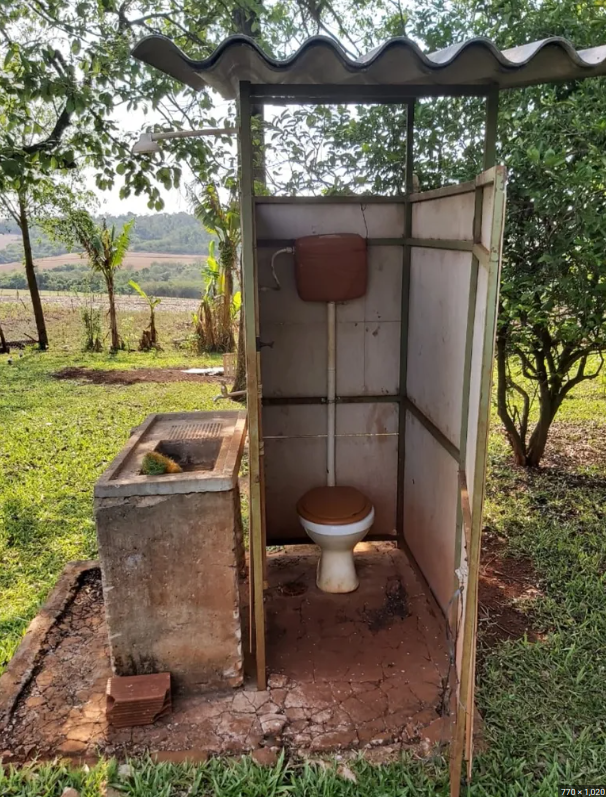
Feces are a waste product of the digestive system of living species, but they are not garbage. They contain bacteria and viruses that can be harmful to human health and the environment. Therefore, it is important to dispose of feces properly to prevent the spread of disease and contamination of water.
The historical and cultural evolution of the proper disposal of excreta has had an enormous influence on our architecture, economy and development, as well as on the planning and construction of our sewage, sewage and drainage systems, with a legal framework that defines and delimits all of it.

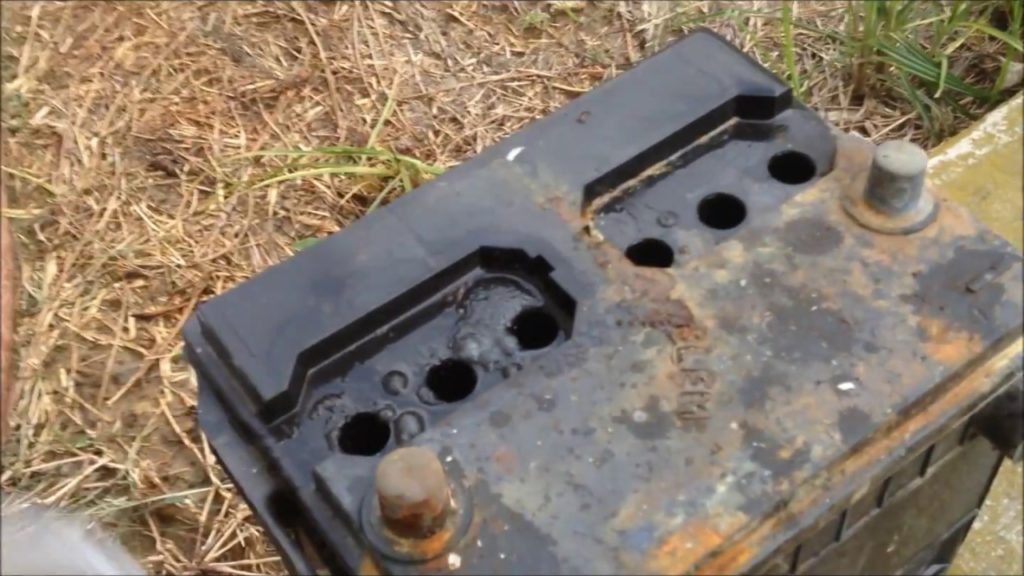
It is not correct to throw damaged vehicle batteries in the trash because they contain toxic substances such as lead and sulfuric acid that can pollute the environment and be harmful to human health.
Vehicle batteries must be recycled in specialized facilities to avoid soil and water contamination. In the world, there are different regulations that regulate the recycling of vehicle batteries.
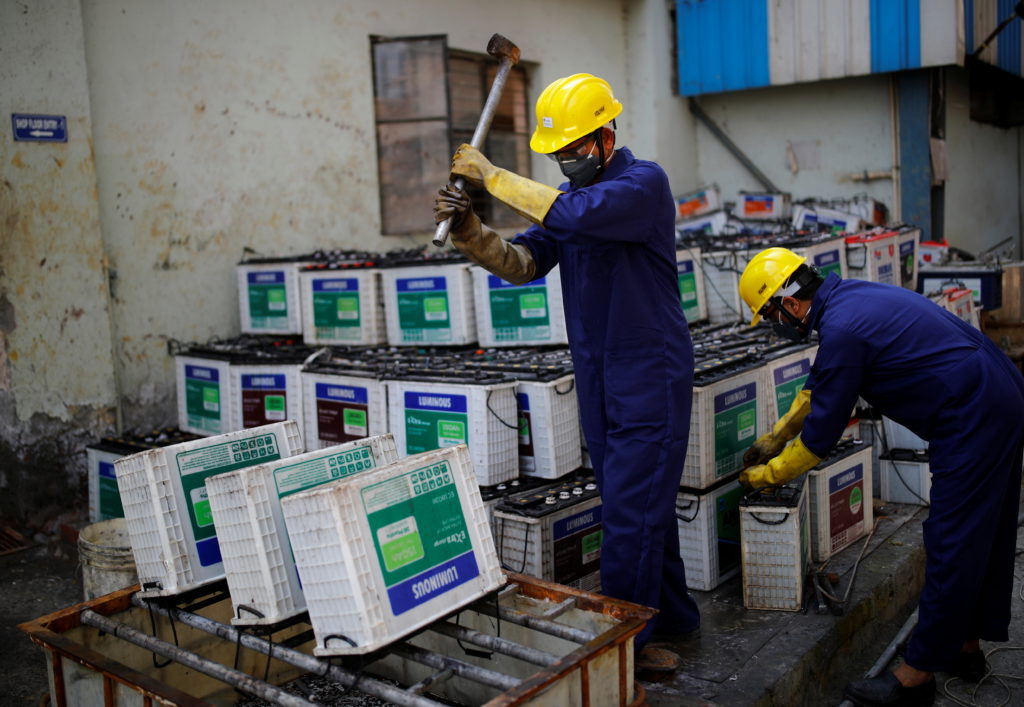

It is clear that nobody needs their own body after they die, the corpses are our mortal remains. When someone dies, there is undoubtedly a painful loss for their family. Depending on their religious convictions and sometimes following the decisions that the now deceased made during his life, the corpses are cremated, buried or sometimes embalmed, but they are not thrown away. Doing such a thing is a crime and the person responsible will be punished.
In fact, in the history of man, in the codes of each religion and the regulations of each country, there is a legal framework that defines and regulates the correct procedure with corpses. Somehow, around this inevitable fact, society and the economy have evolved from making the most varied coffins to organizing guided tours of cemeteries that function as a tourist attraction.

In all the previous examples, we can appreciate how special treatment is given, always as a consequence of unpleasant experiences and then by a logical reasoning, related to the health and well-being of human beings and the environment.
Humans have historically evolved, in part thanks to timely decisions in the face of natural events, for example, the death of our loved ones. Since plastic is a product created by man at the height of technological and industrial development, it is not a process that has accompanied us in our historical evolution for centuries, but rather something that appeared, burst becaming massive into our economy and our lives, and now it is accumulating in the soil, the oceans and the atmosphere.
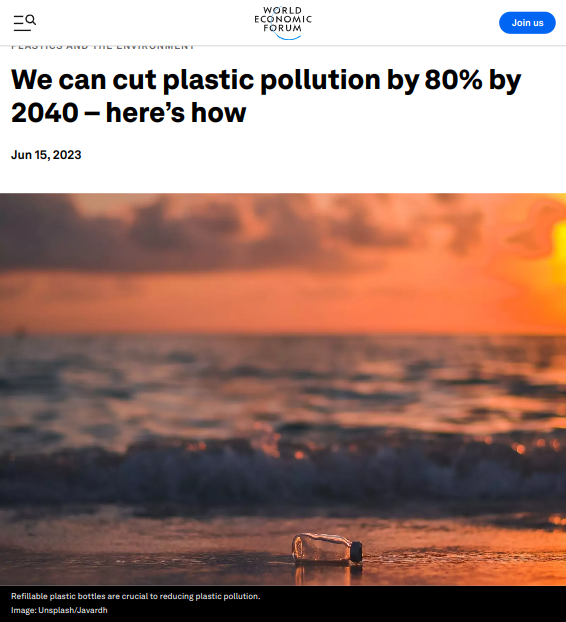
Let’s imagine that we were not in the habit of burying our dead and that we were suddenly told that there are 130 tons of corpses in the ocean and that -in addition- every day we throw an additional 13 tons of corpses into the sea. Would it make sense for someone to tell us today that by 2040 we can reduce to 80% the contamination by corpses thrown in the trash?
It wouldn’t make any sense, would it? It would be a moral and religious scandal, with no doubt. However, those same numbers actually apply to plastic in our oceans according to estimates for today. And – let’s emphasize here a cruel but very real aspect – nature could perfectly handle such an amount of biodegradable organic matter from corpses.
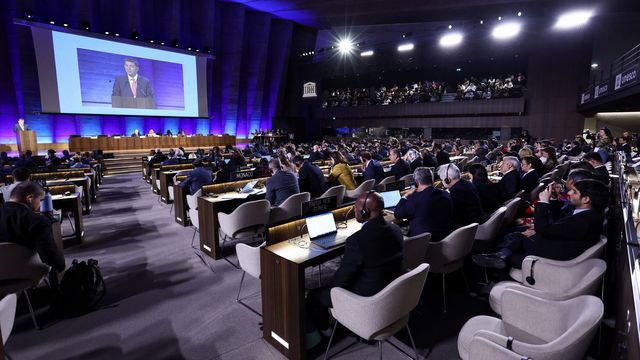
However, with plastic something different happens. But even so, we see how after countless hours of debate and several international summits, authorities organized in line with world economic powers, commit to making a draft to discuss a possible agreement on November 2023 and consider reducing pollution by 80% by plastics by 2040 as if it were garbage.
Although more than 50 years ago, plastic could look like garbage and was confused with an innocuous substance, nowadays it is well known that it causes severe damage to the environment, directly affecting the health of all living beings, and especially of humans. Plastics release monomers and vapors, and when they are thrown into the environment, they fragment into micro and nanoplastics that are later aspirated, ingested or absorbed through the skin, producing different types of plasticosis.
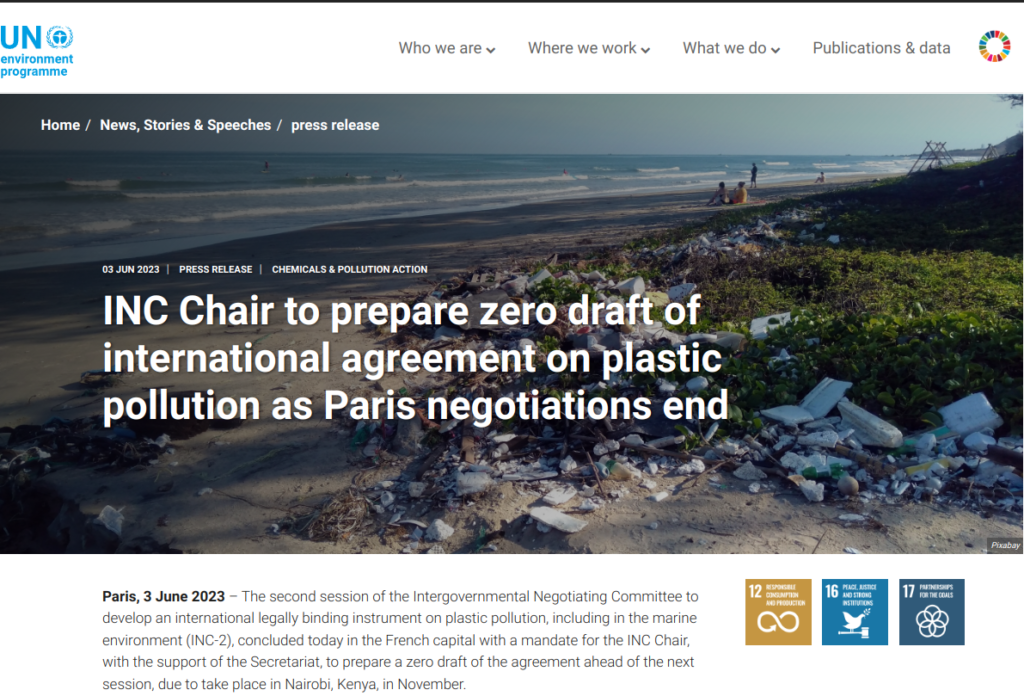

So, if we have already understood that it is a dangerous substance, how can we possibly continue to confuse plastic with garbage?
Plastic is not garbage, it can be a material for everyday use, but when we no longer need it, it accumulates, transforms, and becomes a very dangerous material that requires very special treatment.
By the same smart and timely way that our ancestors acted to determine the need to bury our dead, or to create latrines and sewage systems and to process dangerous lead and acid batteries, we must act on plastic right now.
What is needed so that we, the human beings of the 21st century, the only form of intelligent life on the planet, and the only ones responsible for the manufacture of a dangerous product not growing on trees nor appearing in mines, can immediately and with determination take an action to develop common regulations, educate at all levels and adopt a generalized conception of the proper disposal and treatment of already used plastics?
#PlasticAintTrash
Sources:
https://www.smithsonianmag.com/history/turrets-toilets-partial-history-throne-room-180951788/
http://repositorios.unimet.edu.ve/docs/16/TA145A96R3.pdf
https://www.researchgate.net/publication/268527105_Management_of_used_lead_acid_battery_in_China_Secondary_lead_industry_progress_policies_and_problems
https://bit.ly/uslead
https://www.weforum.org/agenda/2023/06/reduce-plastic-pollution-unep/
